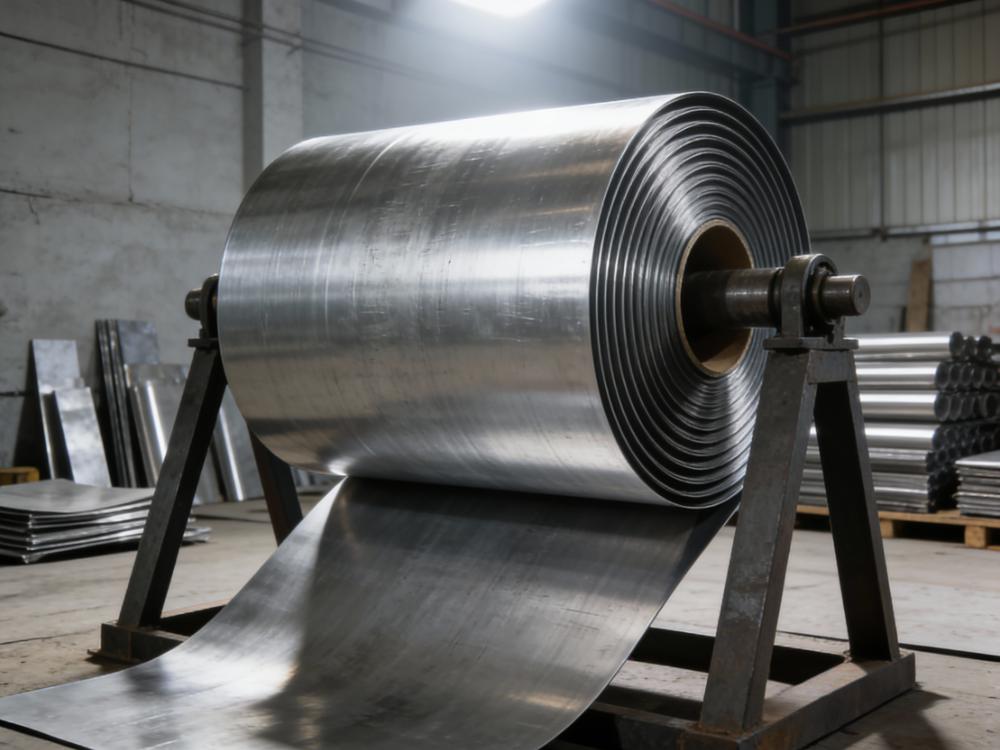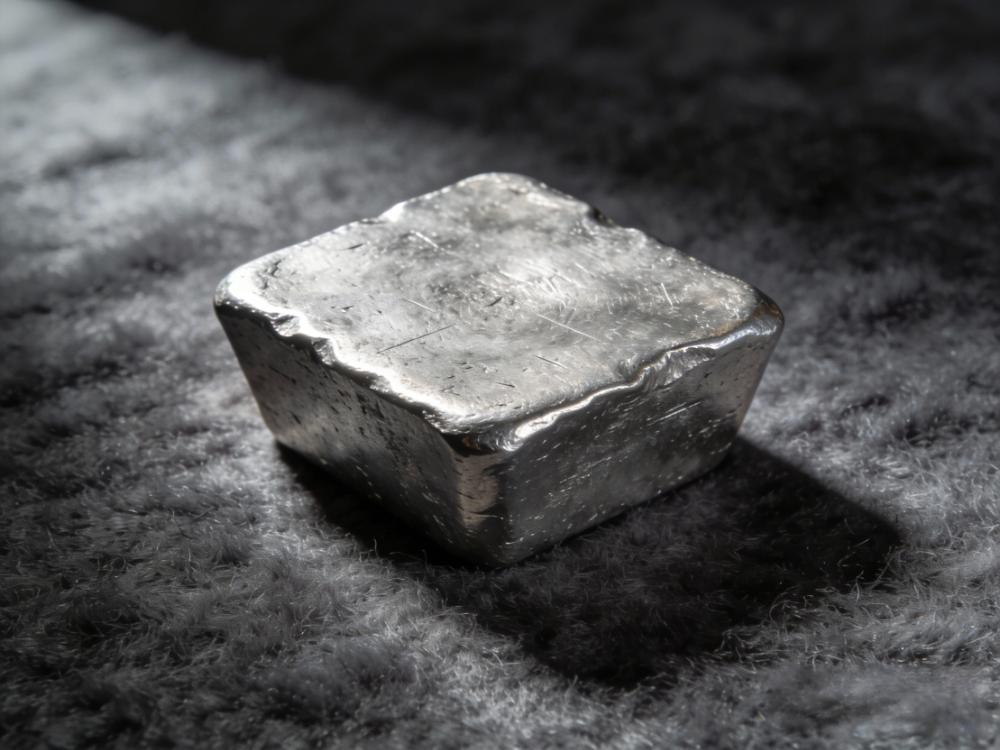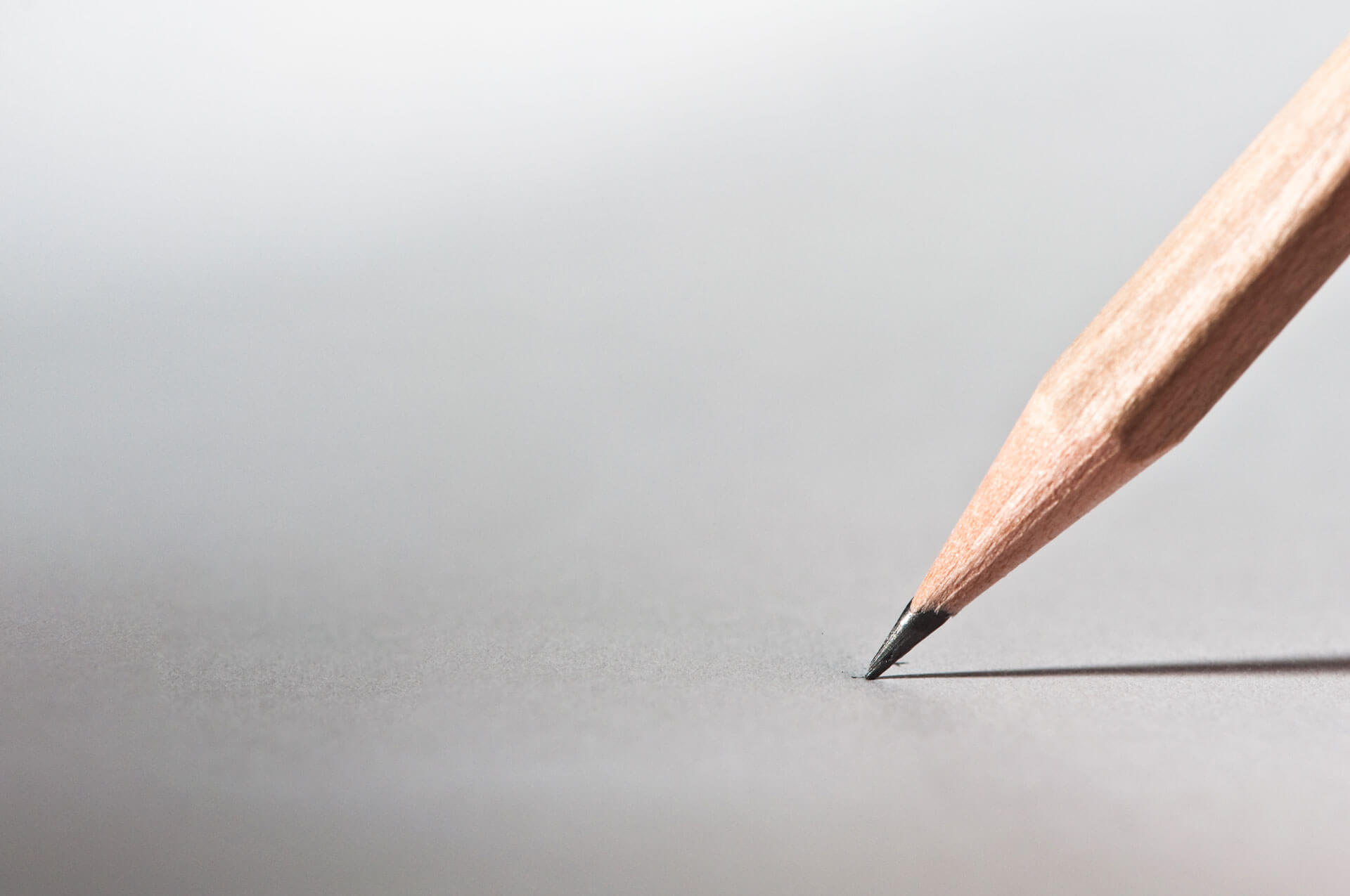SMM reported on July 16: It is learned that since early July, the US has sent letters to multiple countries announcing that new tariffs will take effect on August 1 and apply to "all goods". Meanwhile, during the long weekend of "Independence Day", US President Trump stated that countries without trade agreements with the US will face punitive tariffs as high as 70% starting from August.
According to US Customs data, the US imported 149 million lead-acid batteries in 2024, up 25.69% YoY. The top five import source countries were Mexico, Vietnam, South Korea, China, and Malaysia, accounting for 87.23% of the total annual imports of lead-acid batteries in the US. Vietnam, China, and Malaysia accounted for 23.29%, 6.58%, and 6.58% respectively.
》View more SMM Lead Industry Chain Database
As the second largest import source country for US lead-acid batteries, and particularly the largest among other US import source countries for lead-acid batteries, Vietnam accounted for 17.58% of the US's other lead-acid battery imports in 2024. Tariff changes will have a significant impact on the imports and exports of both countries. In early July, Trump announced via Truth Social that the US would impose a 20% tariff on goods exported from Vietnam, or 40% if the goods were produced in a third country. In exchange, Vietnam would implement zero tariffs on US goods. According to foreign media reports, Vietnam and the US had initially reached a consensus on reducing export tariffs to the US on July 10, but at the last moment, Trump raised the tariff rate to 20%.
The increase in tariffs not only affects the export costs of local lead-acid battery enterprises in Vietnam but also impacts some Chinese-funded lead-acid battery enterprises that have established factories in Vietnam. It is understood that in recent years, due to the transformation of the domestic and overseas supply landscape of lead ingots, the SHFE/LME price ratio has reversed, with China's lead ingots shifting from previous exports to opening an import window. This also means that the production cost of lead-acid batteries, which primarily use lead ingots as raw materials, is higher than that in overseas markets. The decline in the cost advantages of lead-acid battery exports has prompted more lead-acid battery enterprises to go global and establish factories, with Vietnam being one of the choices for Chinese lead-acid battery enterprises. In recent years, new lead-acid battery projects have been concentrated and constructed, including ESS batteries, e-bike lead-acid batteries, and automotive batteries.
According to the latest news, on July 15, Trump stated that tariff collection would begin on August 1 and indicated that the agreement with Vietnam was basically finalised, but the tariff rates and details have not yet been announced. We still need to pay attention to the dynamics of its tariff policies in the future.
In addition, since Trump announced the suspension of the "reciprocal tariff" plan for 90 days in April this year, only a few agreements have been reached, including a temporary framework agreement with China and trade agreements with the UK and Vietnam. The originally scheduled implementation date of July 9th was thus postponed to August 1st. It is reported that US Treasury Secretary Bentsen, in an interview with Bloomberg Television on August 15th local time, stated that the originally scheduled deadline for the US-China tariff truce, which was to come next month, was flexible, and market participants did not need to worry about the deadline. The current negotiations between China and the US were "going well," and it was expected that both sides would hold talks in the coming weeks.



